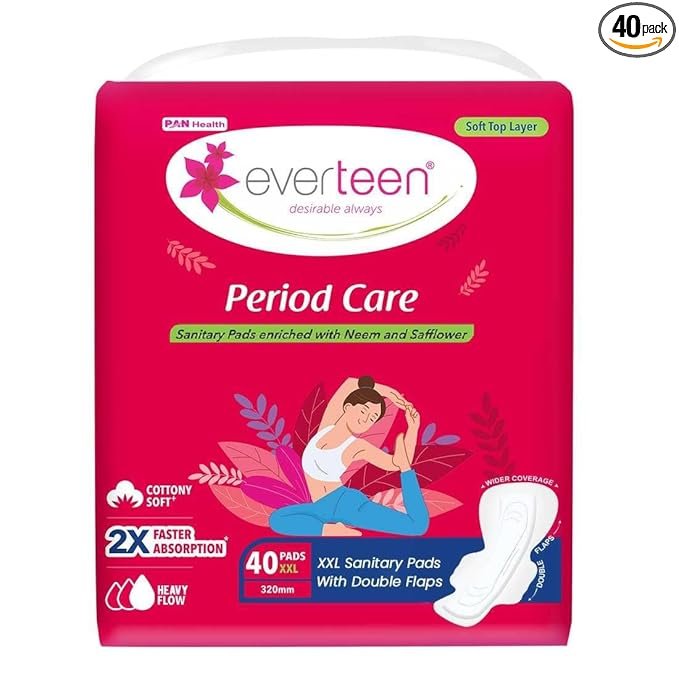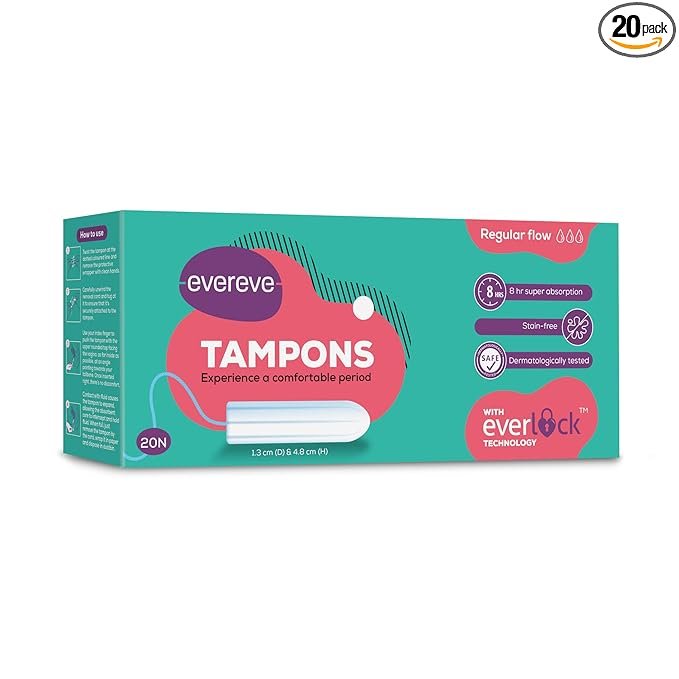Introduction:
In this blog, we’ll delve into a topic that has shed much of its taboo in upper-middle-class society but remains a significant taboo in middle-class and lower-middle-class families: periods. Let’s explore how awareness and understanding have evolved, yet challenges persist in certain segments of society.
Why Read This Blog?

1. Periods: May No Longer Be Taboo for You, But…
For many Indian internet users, English readers, and biology students, periods are no longer a taboo topic. It’s encouraging to see how being an internet user, fluent in English, or a student of biology has helped dismantle the secrecy surrounding menstruation for many people in India. In these communities, it’s now common to discuss menstruation openly, share experiences, seek advice, and break down barriers, which fosters greater understanding.
a. A Contrast: Decades Ago vs. Today in Rural Areas
Consider how different things were three to four decades ago, especially in rural areas. Periods were often met with silence, shame, or discomfort. While progress has been made, today’s reality still shows gaps in open dialogue about menstruation, especially in less privileged communities where taboos continue to exist.
b. Sensitivity and Sharing: Encouraging Open Conversations
Your choice to engage with articles like this shows sensitivity and a readiness to challenge societal taboos. Continuing these discussions beyond personal circles is crucial. When newspapers and blogs address topics like menstruation, it’s an opportunity to spread knowledge, break myths, and support a more open, understanding approach.
So, if you’re already aware of this, why read further?
Because: while progress has been made, there’s still work ahead, especially in communities where taboos persist. By promoting open conversations, sharing information, and challenging outdated beliefs, we can help build a more informed and inclusive society where menstruation is no longer a taboo subject. Let’s continue to support this positive shift towards understanding and inclusivity.
2. Periods – Breaking Taboos in Rural India

While periods have become normalized in urban areas, rural India still grapples with taboos surrounding menstruation. In this blog, we’ll delve into the challenges faced in rural communities and the need for positive change.
A. Reasons why taboo is still in rural area
a. Orthodox Beliefs and Senior Influence:
One of the primary reasons for the continued taboo around periods in rural India is the deeply ingrained orthodox beliefs held by senior family members.
Their opinions and perceptions about menstruation are often considered the final word, leading to a lack of open dialogue and the perpetuation of myths and misconceptions about periods among both men and women.
b. Respect for Tradition vs. Progress:
Rural communities in India hold a deep respect for their cultural heritage and traditions. While this is commendable, there is a crucial need to update these norms in a positive and scientifically informed manner. Unfortunately, the reluctance to embrace progressive changes in menstrual practices hinders women’s health and empowerment.
c. Technological Challenges:
While technology has the potential to be a powerful tool for societal change, its impact is limited in rural areas where traditional beliefs and practices hold strong sway. Even with the accessibility of the internet, reaching individuals bound by deeply entrenched cultural norms regarding menstruation remains a challenge. Those clinging to age-old rituals often remain untouched by digital advancements, hindering progress in breaking taboos.
d. Generational Divide:
The younger generation in rural India is often more receptive to change and seeks information about menstruation through various mediums such as videos, blogs, and discussions. However, their efforts to challenge menstrual taboos are often met with resistance from older generations who may not be as open to embracing new perspectives on this topic.Bridging this generational gap is essential for fostering a more open and understanding attitude towards periods.
B. Most common problems due to Taboo

a. Healthcare Access and Communication:
A notable challenge faced by rural women is the reluctance to openly discuss menstrual health issues with healthcare professionals. Gynecologists in rural areas commonly observe that women hesitate to discuss their health issues initially, enduring pain until it becomes unbearable. This reluctance often results in delayed medical interventions, leading to more complex health problems. Encouraging open and honest conversations about menstruation with healthcare providers is crucial for early detection and effective management of menstrual health issues.
b. Impact on Education:
Shocking reports from trusted NGOs and government surveys reveal a concerning trend – an increase in school dropouts due to period-related issues.
Lack of access to menstrual hygiene products and stigma around menstruation contribute to this alarming statistic.
Collectively we can say, Overcoming the taboo surrounding menstruation in rural India requires a multi-faceted approach that addresses orthodox beliefs, promotes education and awareness, leverages technology effectively, bridges generational divides, and encourages open communication with healthcare professionals.
By fostering positive and constructive discussions on this topic, we can empower rural communities to embrace menstrual health as a fundamental aspect of women’s well-being and overall societal progress.
3. Normalizing Menstruation: Everyone’s Responsibility

In this portion of blog, we’ll explore actionable steps towards normalizing periods, a crucial aspect of women’s health that still faces unnecessary stigma. Let’s delve into what individuals can do to contribute to this positive change. By understanding the role each of us plays, we can collectively work towards a society where periods are embraced without hesitation or shame.
a. Empowering Girls:
Girls can take the lead in normalizing periods by initiating open and honest conversations with their female helpers, maids, and women in lower-income professions like construction workers. By making these discussions normal and destigmatized, they pave the way for greater awareness and acceptance.
b. Supportive Actions by Boys:
Boys can contribute significantly to this cause by being supportive allies. This includes refraining from making jokes or derogatory comments about periods and actively supporting those who speak up about menstrual health. By participating in awareness campaigns and sharing educational content, boys can help dismantle misconceptions and foster a culture of understanding.
c. Social Media Advocacy:

The power of social media cannot be understated in spreading awareness and promoting positive attitudes towards menstruation.
Well-educated individuals can create a huge impact by introducing new ideas, initiating discussions, suggest and share high-quality content related to periods that promote a positive attitude towards menstruation.
By initiating discussions and introducing new perspectives, social media becomes a powerful tool for change.
d. Normalizing Periods in Media Representation:
Media plays a pivotal role in shaping societal norms and perceptions. Encouraging authentic and normalized representations of periods in entertainment, movies, advertisements, and other media forms is essential like reels or shorts. When periods are portrayed realistically and without stigma, it contributes significantly to changing societal attitudes.
e. Supporting Campaigns:
There are numerous campaigns dedicated to breaking the silence around periods and promoting menstrual health awareness. Support campaigns that have been running for the last decade, where girls openly talk about periods. Individuals can show their support by actively participating in these campaigns, amplifying the voices of those advocating for change, and encouraging others to join the movement.
f. Promoting Education and Resources:
Educational resources such as books, literature, and online platforms can provide valuable information about menstruation. Recommending and sharing such resources helps dispel myths, educates individuals, and fosters a positive outlook towards menstrual health.Education is key to dispelling myths and fostering a healthy attitude towards menstrual health.
g. Treating Sanitary Products Normally:
Sanitary products like tampons and menstrual cups are integral to menstrual hygiene. Normalizing their use and discussing them openly reduces stigma and encourages individuals to prioritize their menstrual health without hesitation or embarrassment.
h. Encouraging Scientific Discussions:
Minimize hesitation around discussing periods scientifically. NGOs, healthcare professionals, and influencers play a crucial role in promoting informed discussions about menstruation. By minimizing hesitation and fostering an environment where scientific facts and evidence-based information are valued, we create spaces for meaningful conversations and positive change.
Conclusion:
Thank you for taking the time to read this blog. While menstruation may not be a priority for everyone, contributing to its normalization is a social responsibility. Whether you’re a girl, boy, educator, influencer, or healthcare professional, your actions matter. As educated individuals with access to advanced technology, we have the power to make a meaningful difference by taking small yet impactful actions. Share this blog with those who can benefit from it, and let’s work together towards a society where periods are no longer taboo but a natural and accepted part of life.
Why This Product Deserves Your Attention
As usual, at the end of every blog on sobersextext.com, we’ve recommended products that align with the theme and serve as practical tools for improvement. For this blog, the first recommendation is Everteen Period Sanitary Pads, designed to provide comfort and hygiene, promoting healthy menstrual practices. The second recommendation is Tampons, which empower women to choose a product that fits their lifestyle and encourages confidence in discussing menstrual health.
If you’re curious about why these products deserve your attention, detailed reviews on our partner site, awareandbeware.com, cover their features, benefits, and drawbacks. We invite you to explore the full reviews to see how these products can help foster sensitivity and open conversations around menstruation.



